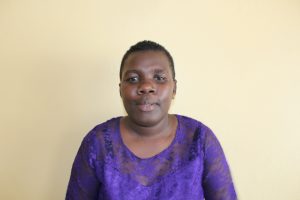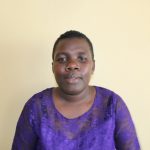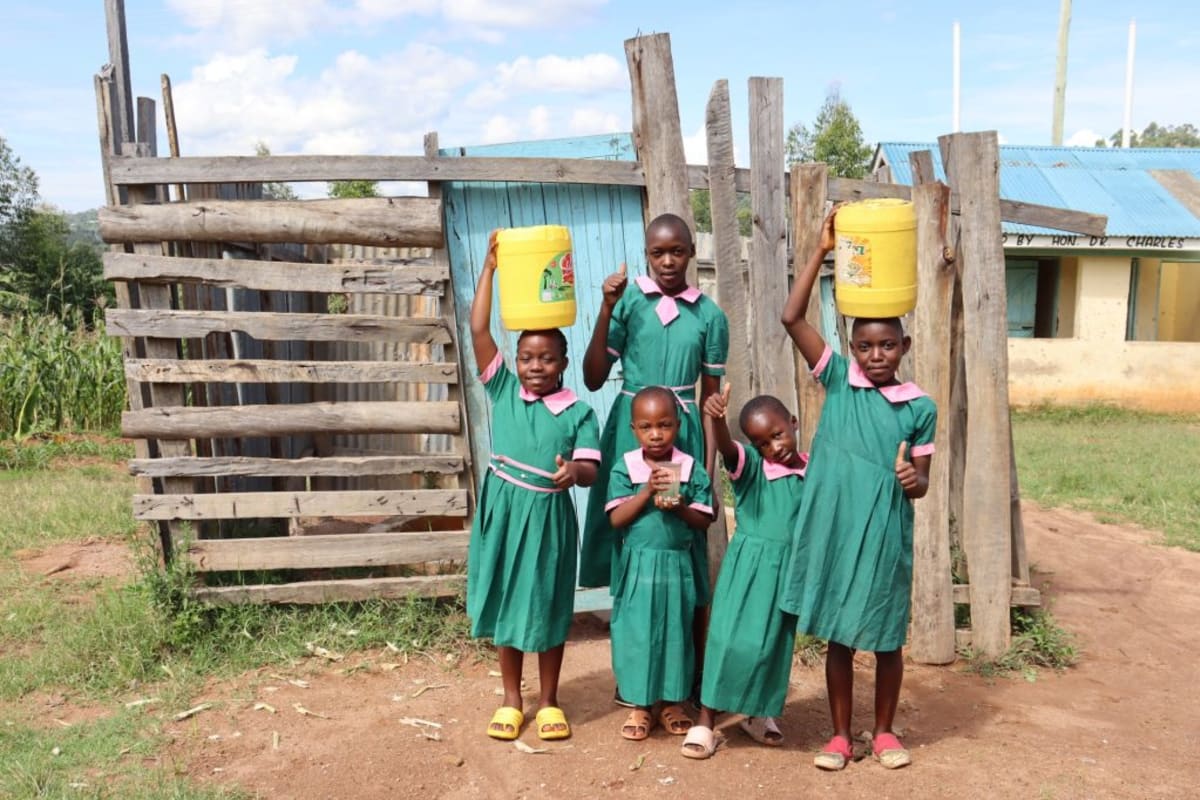The 522 students at Madeya Primary School used to fetch water in the morning before school, but the long trek outside the school grounds always made them late for their morning classes. Now, they fetch it after the school day ends, which eats into their play, study, and relaxation time.
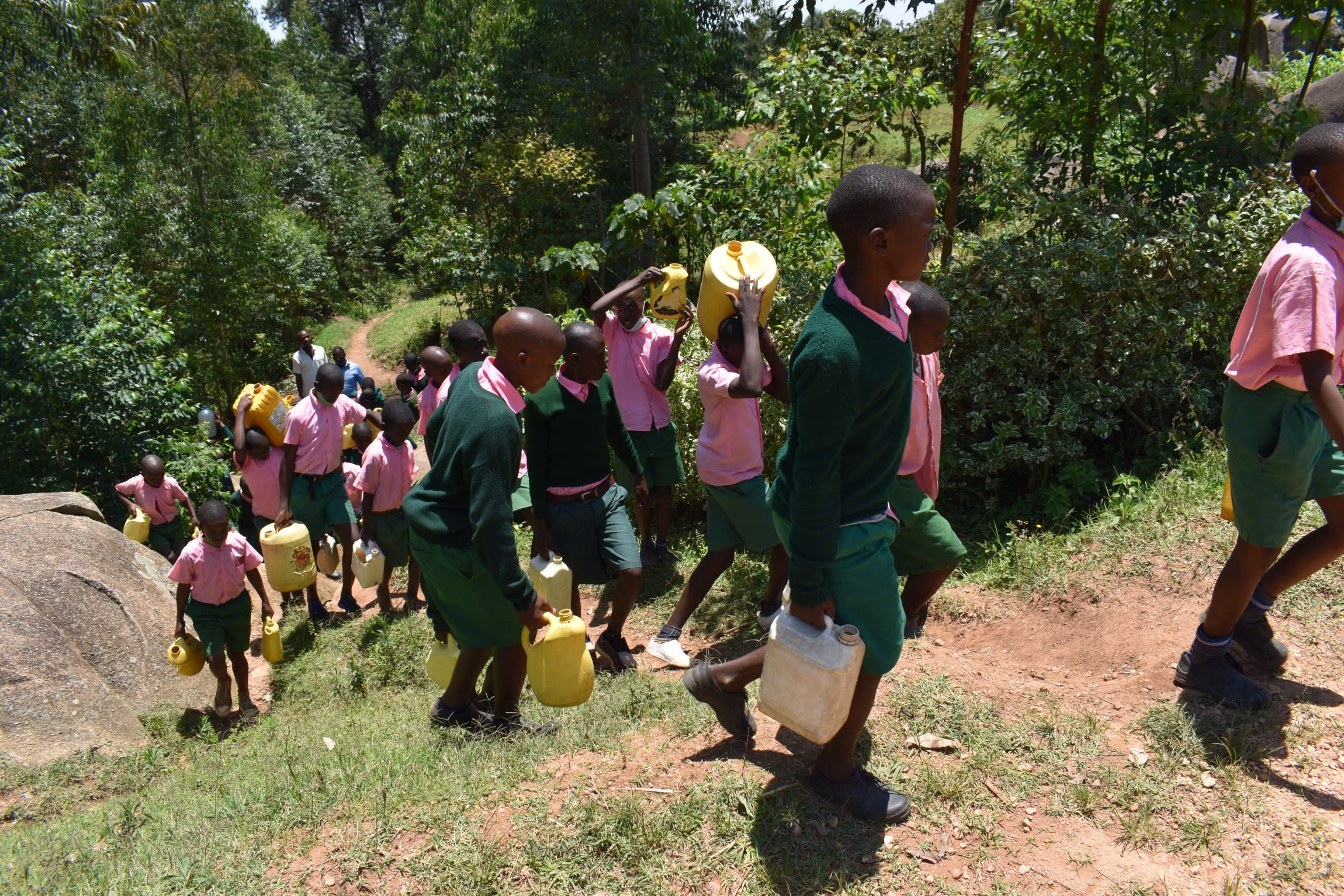
The sooner they finish this task, the sooner students can go home, which causes them to rush and argue at the stream to fetch water first. But with the rocky terrain around the school, this often leads to injuries. Recently, one student had to be rushed to the hospital by ambulance after falling near the stream.
"A lot of our precious time is wasted in search of water," said 13-year-old student, Faith L. (in the picture below). "This has resulted [in] poor performance in our academics. If helped, we are promising to improve a lot on our performance."
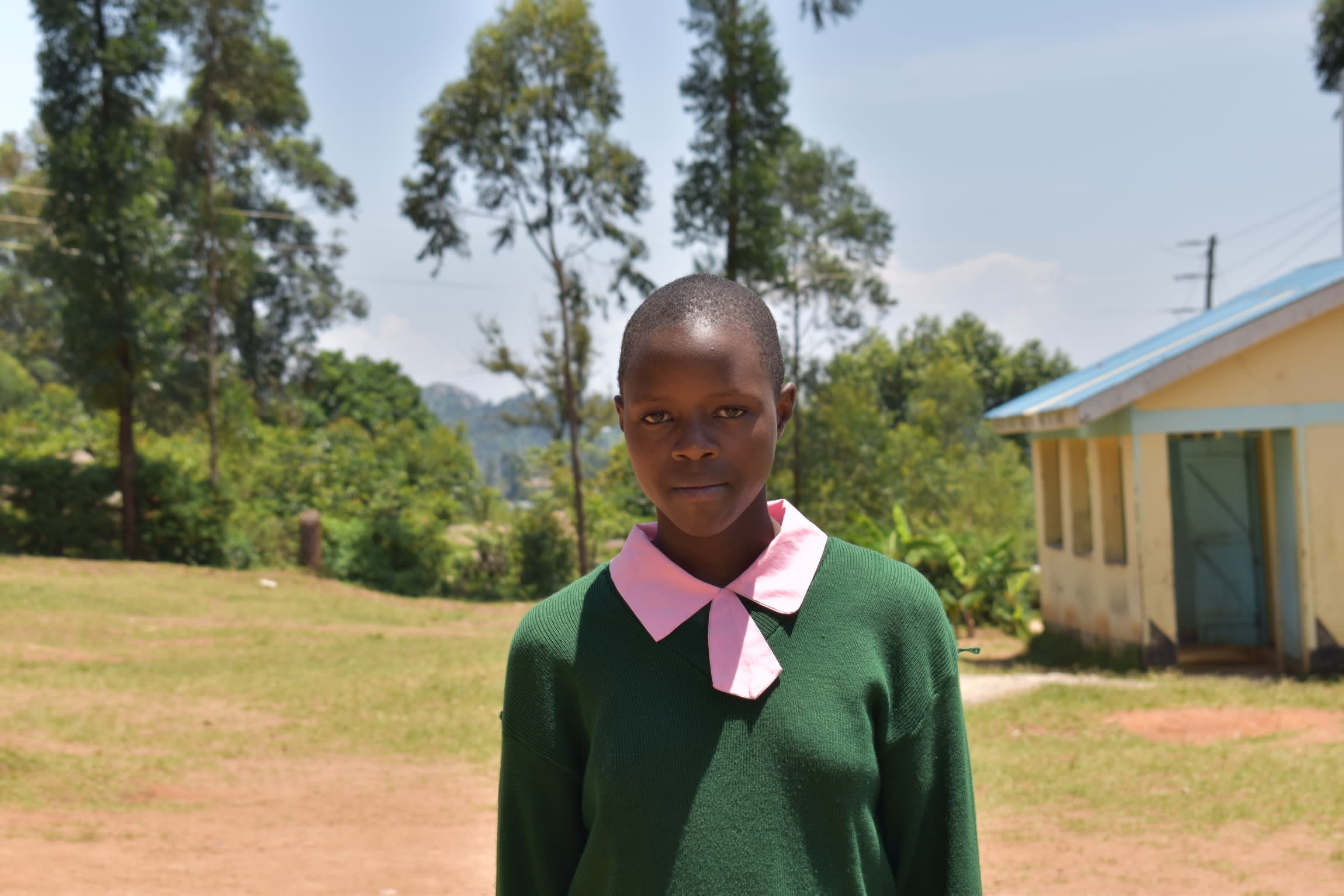
Once they have the water, the students' problems don't stop there.
The school has one tiny rain harvesting tank, but even if it were to fill up every morning, it still wouldn't have enough water to serve the 537 students and teachers. During the rainy seasons, a teacher has been appointed to ensure that students drink only from the rain tank to avoid illnesses among the student population. But in the dry seasons, this is impossible. So, inevitably, the students get sick and have to miss school.
"Every morning, [I] am forced to come [to school] with at least four 20-liter jerrycans of water from my home," said Milan Aduvaka, a 38-year-old teacher (in the picture below).
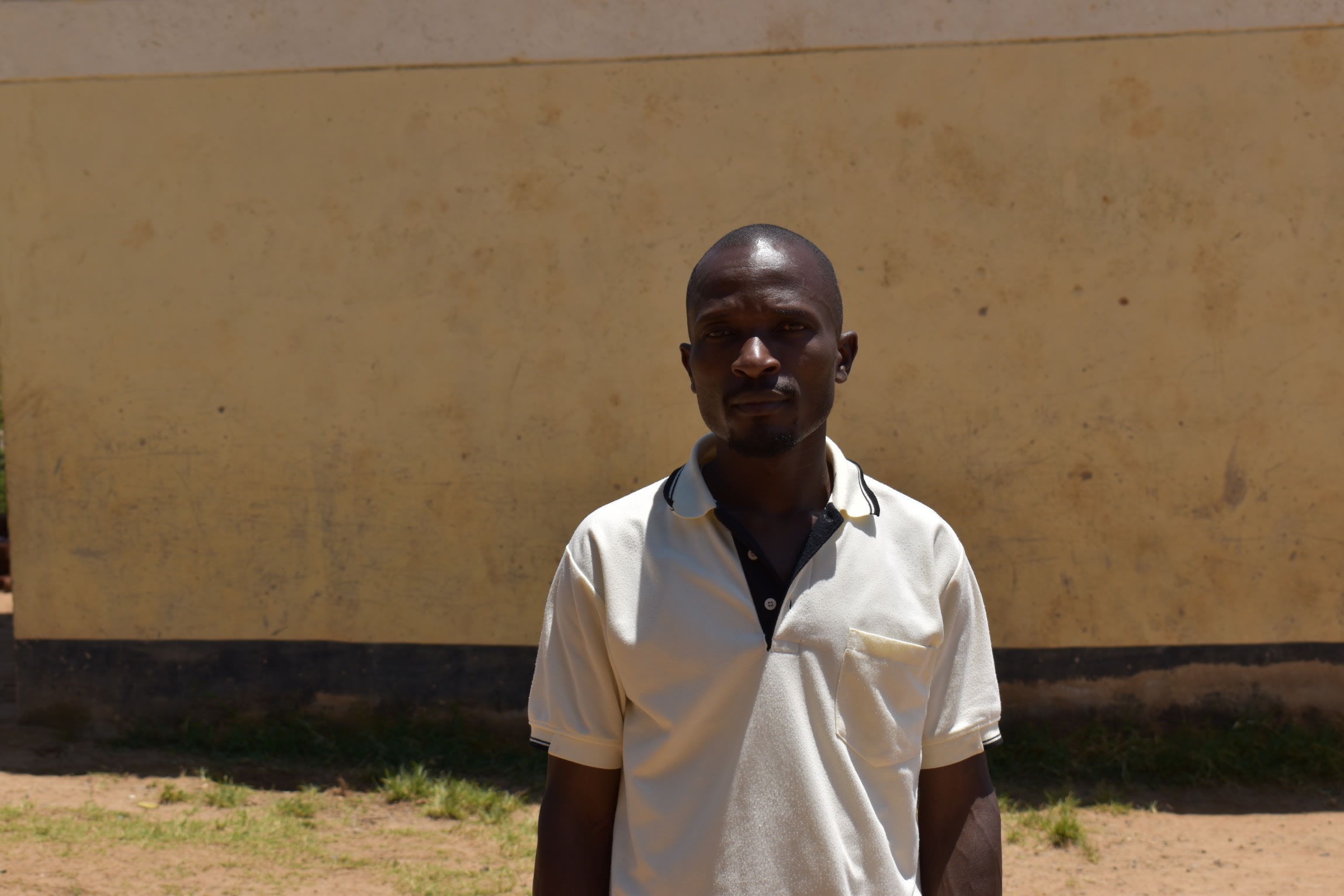
"This was due to [the] rising number of waterborne diseases we had at the school after consuming water from the stream. [The] number of absences has been too high. We do not have a choice but to try [and] look for solutions. I did this voluntarily, but still, the water is not enough, which forces some of us to stay thirsty all day when [the] water is used up."
With water on school grounds, Madeya's students will be healthier, and will therefore be in class more often, brightening their futures and relieving them and teachers of such heavy responsibilities.
What We Can Do:
New Well
We conducted a hydrogeological survey at this school and the results indicated the water table beneath it is an ideal candidate for a borehole well. Due to a borehole well's unique ability to tap into a safe, year-round water column, it will be poised to serve all of the water needs for this school's large population, even through the dry months.
The school will help collect the needed construction materials such as sand, rocks, and water for mixing cement. They will also provide housing and meals for the work team, in addition to providing local laborers. We will complement their materials by providing an expert team of artisans and drilling professionals, tools, hardware, and the hand-pump. Once finished, water from the well will then be used by the school’s students and staff for drinking, handwashing, cooking, cleaning, and much more.
Handwashing Stations
There is currently nowhere for students to wash their hands after using the latrines or before eating lunch, let alone the water to do so.
The student health club will oversee the two new handwashing stations we will provide, and make sure they are kept clean and in working condition. The club leaders will fill the handwashing stations with water daily and make sure they are always supplied with a cleaning agent such as soap or ash.
VIP Latrines
We will construct two triple-door latrine blocks using local materials that the school will help gather. Three doors will serve the girls and three doors will serve the boys. All of these new latrines will have cement floors that are designed to be easy to use and to clean. And with a borehole right on school property, there should be enough water to keep them clean.
Training on Health, Hygiene, COVID-19, and More
We will hold a one-day intensive training session with students, teachers, and parents. This training will cover a wide range of topics including COVID-19 symptoms, transmission routes, and prevention; personal and environmental hygiene; and the operation and maintenance of the borehole latrines, and handwashing stations. There will be a special emphasis on handwashing.
Our team of facilitators will use a variety of methods to train, including participatory hygiene and sanitation transformation, and asset-based community development. We will initiate a student health club, which will prepare students to lead other pupils into healthy habits at school and at home. We will also lead lectures, group discussions, and provide illustrative handouts to teach health topics and ways to promote good hygiene practices within the school including handwashing and water treatment. We will then conduct a series of follow-up trainings before transitioning to our regularly scheduled support visits throughout the year.
We and the school strongly believe that all of these components will work together to improve standards at this school, which will help lead to better student academic performance and will help unlock the opportunity for these students to live better, healthier lives.

 Borehole Well and Hand Pump
Borehole Well and Hand Pump
 Rehabilitation Project
Rehabilitation Project












